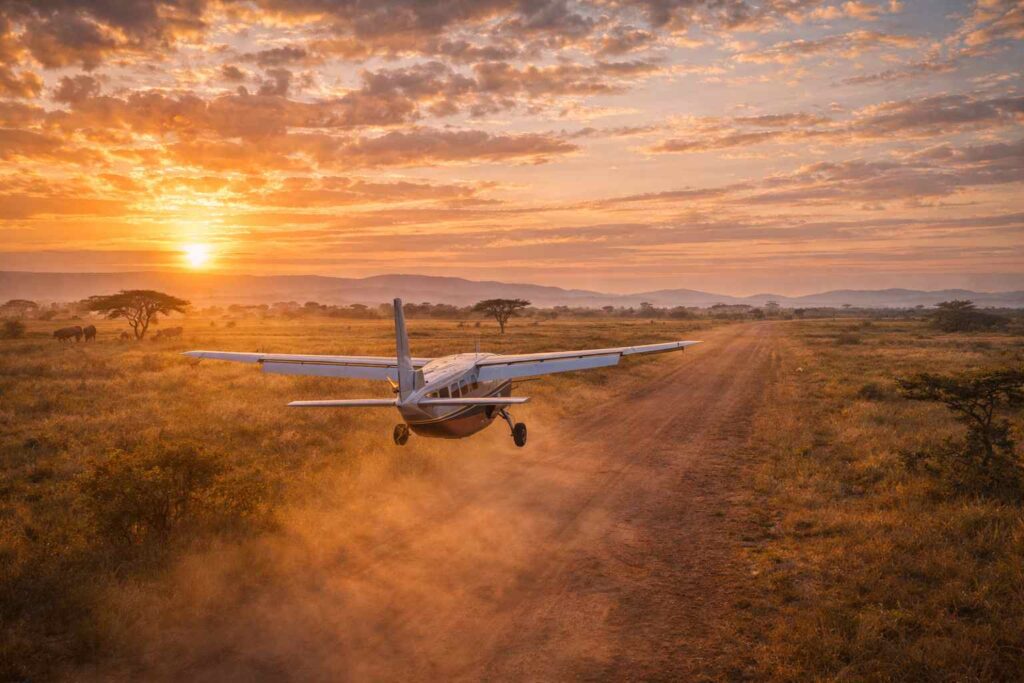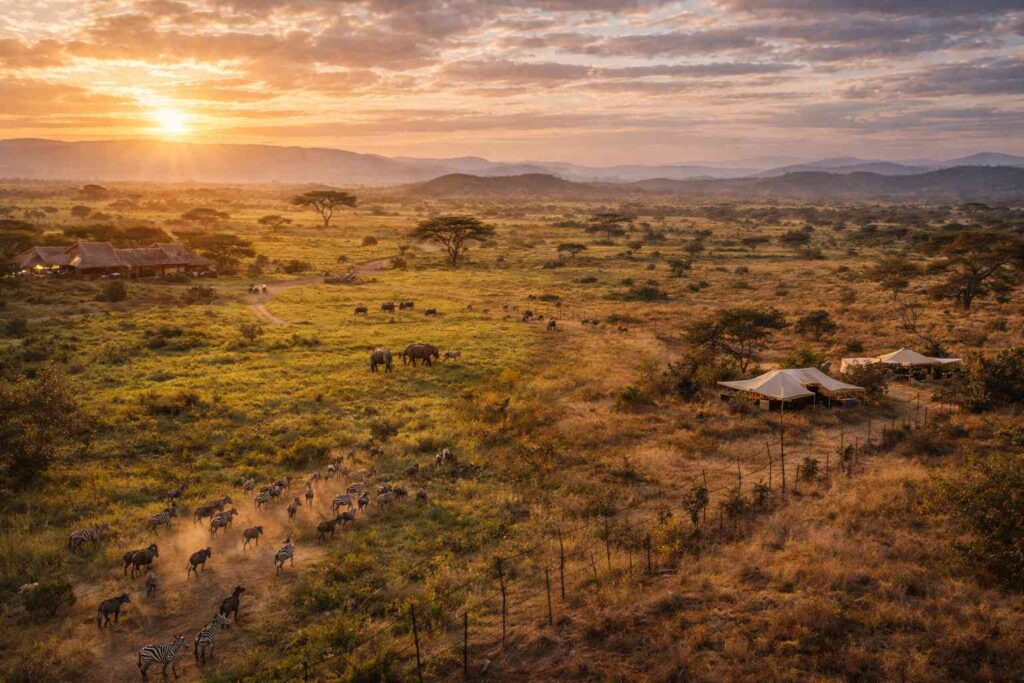Embarking on your first African safari is an exhilarating experience. Amidst the anticipation of witnessing the Big Five and exploring vast landscapes, selecting the right safari guide is paramount. A knowledgeable guide can transform your journey, offering insights into wildlife behavior, ensuring safety, and enriching your overall adventure.
Why your safari guide matters
A safari guide is more than just a driver; they’re your educator, protector, and storyteller. Their expertise can significantly influence the quality of your wildlife encounters and your understanding of the ecosystem. A seasoned guide will not only spot elusive animals but also share captivating stories and facts that bring the African wilderness to life.
Key factors to consider when choosing a Safari Guide
1. Experience and Certification
Ensure your guide has substantial experience in the region you’ll be exploring. In countries like Zimbabwe, guides undergo rigorous training and certification processes, ensuring a high standard of expertise. Certified guides are well-versed in animal behavior, first aid, and environmental conservation.
2. Local knowledge and language skills
A guide with deep local roots can offer unique insights into the area’s culture, traditions, and hidden gems. Additionally, proficiency in English or your preferred language ensures clear communication, enhancing your overall experience.
3. Specializations and interests
Some guides specialize in birdwatching, photography, or tracking specific animals. Aligning your interests with a guide’s expertise can lead to a more personalized and fulfilling safari.
Questions to ask before booking
- What is your guiding experience in this region?
- Are you certified by any recognized safari guide associations?
- Can you provide references or reviews from past clients?
- Do you have any specializations or areas of expertise?
- What safety measures do you follow during game drives?
Booking through reputable operators
Opting for established safari operators can simplify the process of finding a qualified guide. Companies like Go2Africa and Expert Africa have stringent selection criteria, ensuring their guides meet high standards of professionalism and knowledge. Booking through such operators also provides added security and support throughout your journey.
Final thoughts
Your safari guide plays a pivotal role in shaping your African adventure. By prioritizing experience, local knowledge, and alignment with your interests, you can ensure a memorable and enriching safari experience. Take the time to research and ask pertinent questions—your efforts will be rewarded with unforgettable wildlife encounters and stories to cherish for a lifetime.
FAQs about choosing a safari guide
Tipping varies by country and lodge, but a common range is $10–$20 USD per person, per day. It’s best to ask your lodge or operator for local guidelines.
Private guides offer a more personalized experience and flexible pacing, which many first-time travelers find helpful. However, group safaris can also be very rewarding and more budget-friendly.
Yes, many safari lodges and operators allow guests to request specific guides if given enough notice, especially if the guide has been recommended or reviewed positively.
English is widely spoken among safari guides, especially in popular destinations. Some guides also speak German, French, Spanish, or local dialects—check in advance if language is a concern.
A safari guide leads the tour and ensures your safety and education. A tracker (common in Southern Africa) specializes in finding animals using prints and signs. A ranger may be armed and focused more on protection and park enforcement, especially in conservation areas.






